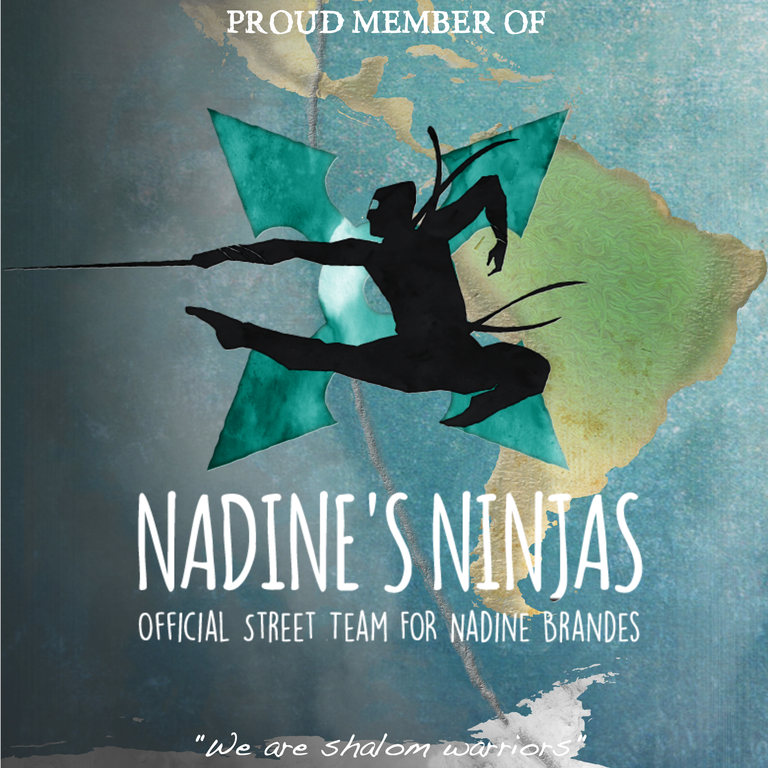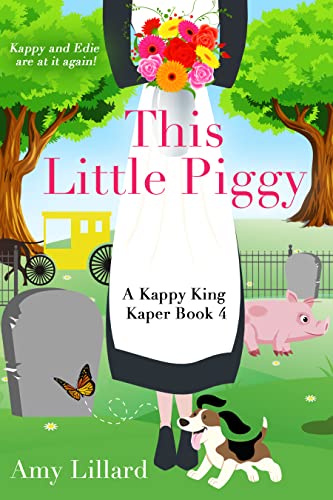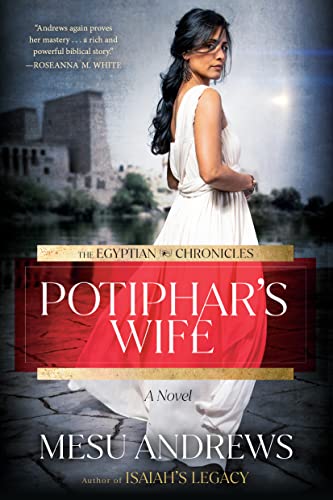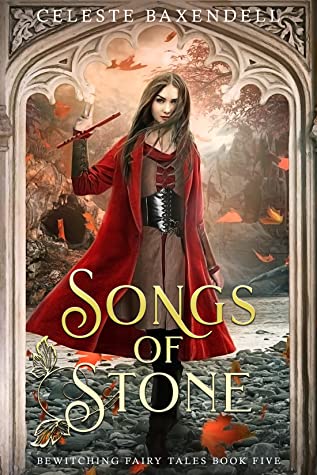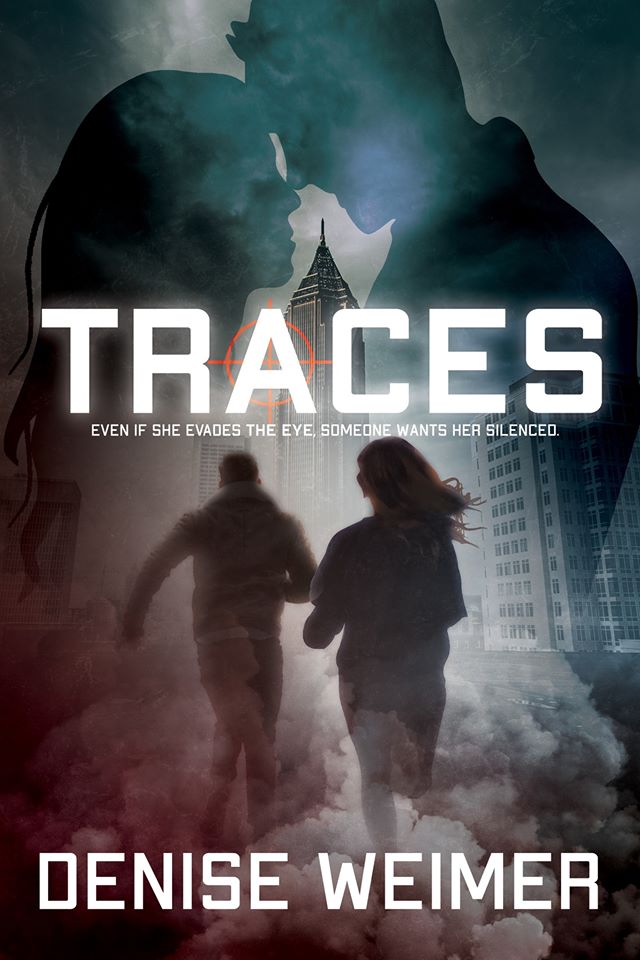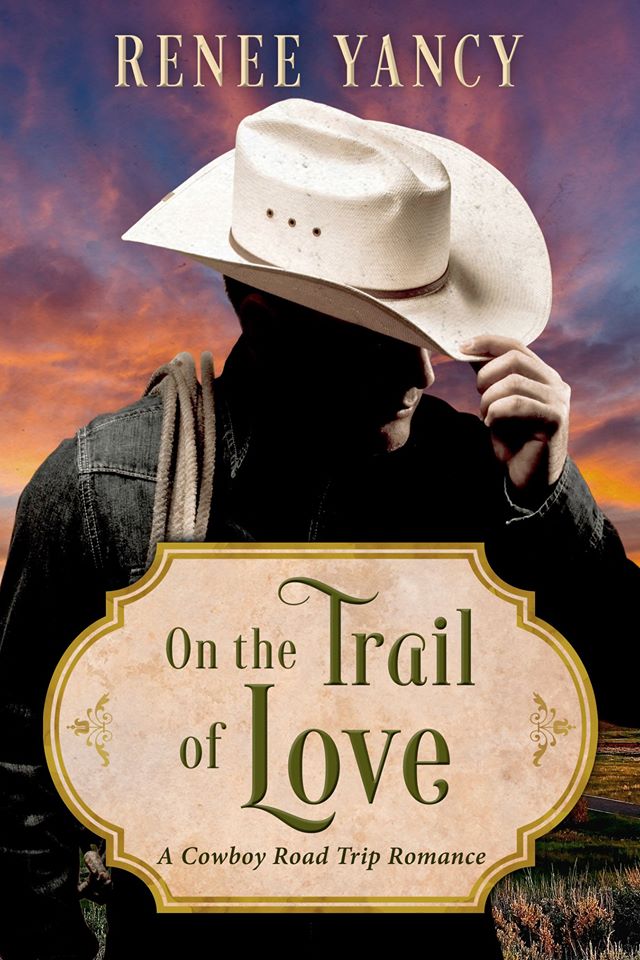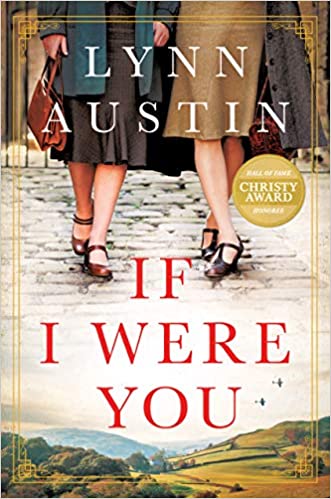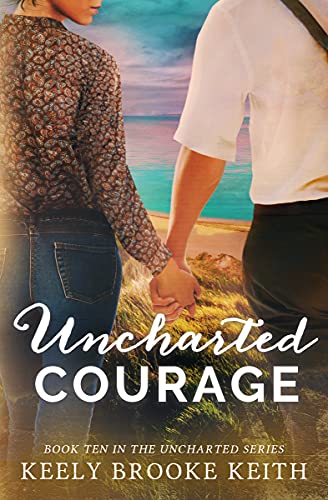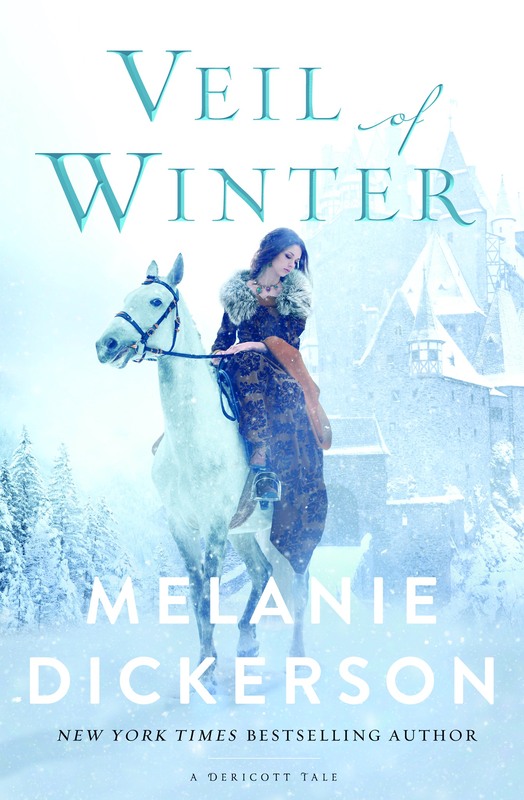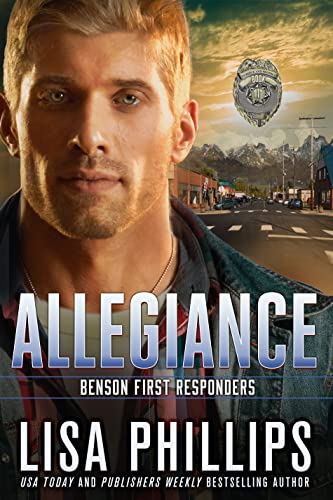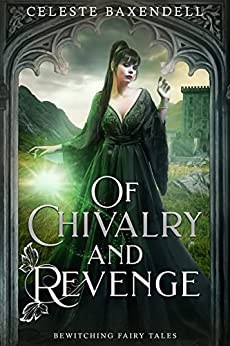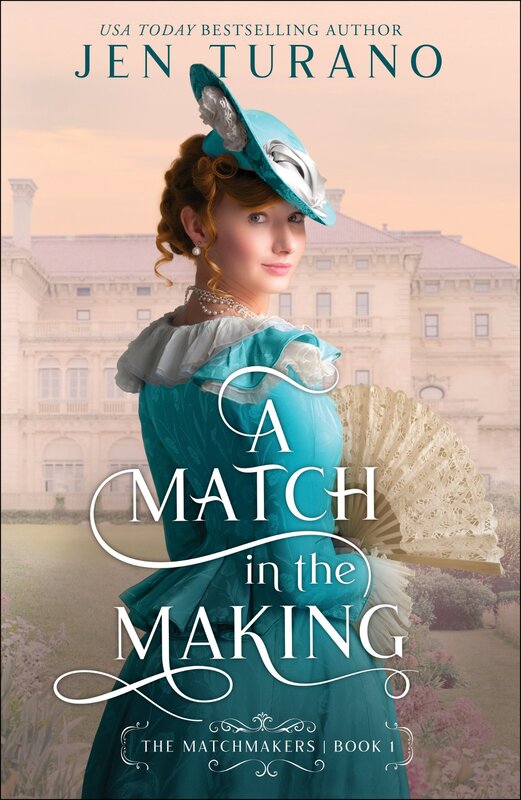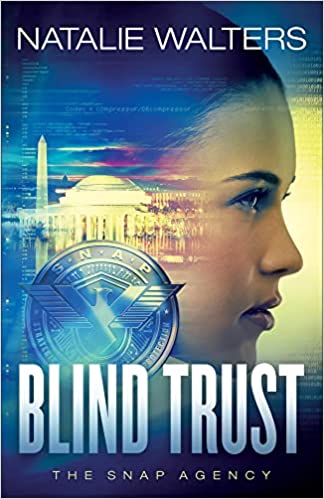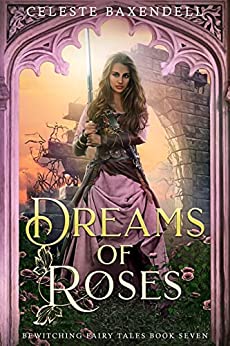She will kill to escape.
He has killed for the Empire.
What will they give for a freedom like no other?
Tossed aside by the Empire, wounded tribune Quintus Valerius ends up in sleepy Philippi to retire. Manipulated into becoming the prison keeper, he vows to return to Rome as soon as possible to reclaim his reputation and his life. He is intrigued by the quiet Jewish teacher who speaks of truth and peace, but is convinced he can never have neither.
When Elantia’s shocking actions shake up the town and her life is threatened, Quintus risks what little he has left to save her—only to put Paulos and his friends in even greater danger.
the Apostle Paul though his second missionary journey. Each book will focus on
two or more little-known biblical characters who came to faith through his ministry.
Chapter Excerpt from Sold Into Freedom
. . . that are detestable to him: . . .
a heart that devises wicked schemes, [and]
feet that are quick to rush into evil.”
--Proverbs 6:16,18
Southwestern coast of Britannia
It was the screaming that woke her up.
Elantia rubbed the sleep from her eyes and scrambled from her straw-covered cottage in the tiny village by the sea. In the grim light of early morning, nail-studded leather pounded the ground as soldiers dragged horrified families out of their roundhouses. Blood-red cloaks whipped in the ocean breeze as the invaders set fire to anything they could burn, tearing apart what they could not.
Screeches and wails intertwined with the clang of metal against metal, the crackle of flames eating up thatch, and the soldiers’ horrible, dreadful words. Thank the gods their chieftain father had insisted they learn Latin when the Roumani defeated their neighbors years ago, but she hated the sound of it.
Muscles tightened, ready to fight, Elantia fought through the throng of townspeople surrounding her father.
The Roumani leader, a centurion judging by his uniform, stood face-to-face with him. “Give us your best quietly or we will take them by force.”
Shoulders back, Tatos stood his ground. “You have no right. We are at peace with Rome. After months of bloody battles with our neighbors, Commander Vespasian decided conquering us was not worth the losses to his legion. He vowed the Roumani would never attack us.”
“What makes you think we answer to Vespasian?” He leaned nearer. “Now stand aside.”
“I will not.” Tatos pulled himself as tall as his aging body allowed. “We’ve done nothing to you to warrant such violence. I must protect my people.”
Her heart swelled at her tatos’s vow, even in the face of almost certain defeat.
The centurion shoved him aside. “Rome needs strong backs. When we’re done, you’ll have nothing left to protect.”
In the six years since the Roumani had invaded their land, they had brought nothing but pain.
He beckoned to another, whispered to him. The younger man grabbed Tatos and Mamma and dragged them away.
“Mamma!” Elantia rushed to follow her parents, but a rough hand jerked her by the arm and shoved her into a sheep pen, where most of the other young adults of the tribe already waited. She ran to Tancorix.
Her brother wrapped his arms around her, held her close.
The second soldier grabbed Tancorix and pulled him from Elantia, lining them up in a loose row.
The centurion strode over. Eyeing each of them from head to toe, he hesitated when he came to their cousin. He grabbed her thin arm and turned it over once, twice.
Elantia’s breath caught. The girl was weak. She’d been sick most of the winter. What would he do to her?
He yanked her out of line, thrust her toward his second in command, and then continued his inspection, nodding in satisfaction. Stopping before Elantia’s brother, he fingered the thick, braided gold torque around Tancorix’s neck. He yanked at it, but the opening at the neck was but a finger’s breadth wide. He pulled harder, twisting.
Tancorix put his hands to his neck, wincing in pain as the stiff metal cut into his skin and cut off his air. He grasped the man’s forearms, sinking to the ground, his breath coming fast.
Tia’s heart pounded as she tried to pull the Roumanos’s hands away. “This is the chief’s son! That torque was put around his neck as a child, and he grew into it. It’s not coming off!”
Tancorix struggled for air, his face turning as red as the centurion’s cloak.
The Roumanos let go of the necklace to backhand her.
She stumbled but managed to stay upright. Stinging pain radiated from her cheek to her whole head. The metallic taste of blood lingered on her lip.
With a smile that sent a shiver down her back, he neared her. He ran his fingers down her face, her neck, then along the front of the sleeveless cloak she wore, the one Mamma had spent the winter months making for her. He moved behind her and wrenched it off her arms. His hot breath on her neck sent her stomach roiling. “It’s a shame we are in such a hurry.”
He tossed the garment to his aide, and the younger man left.
Tia’s hands trembled as she reached for Tancorix. He wrapped his arm around her shoulders and kissed her temple.
The soldier returned with a long rope. Her skin burned as he wrapped it around her wrists and knotted it, far too tightly. It went from her to Tancorix to all the others in turn.
She searched for Tatos and Mamma. What had the soldiers done to them? She’d never trusted the Roumani, and today had proved her instinct right. Her father had made sure they’d been loyal, kept every provision of the truce, and then today . . .
The centurion yanked the end of the rope. Her knees hit the ground. Her face smashed against her fists. He tugged again, pulling her up, shouting some command at her. Tancorix’s gentle hands steadied her as she stood.
They followed the chief soldier. At the edge of the seaside village, all that remained of her people—the old ones and the youngest—huddled together. She quickly searched for familiar clothing. Her eyes rested on the colorful tunic Mamma wore. And Tatos? He waited behind her mother, his cheek swollen, his lip cut and bleeding.
Then she saw the bodies at their feet.
Her heart sank as realization dawned. The Roumani intended to make her father watch as they slaughtered what was left of his village.
One by one the legionaries dragged a villager from the crowd, rammed a sword through, and let the body drop.
Her father still stood, battered. Bound. Silent.
Elantia’s legs gave way, but Tancorix held her up. A moan escaped.
The villagers gone, the centurion neared Tatos.
Her father looked at her and mouthed the familiar command, “No tears.” His moist eyes reflected the raging flames. “Carami te.”
I love you too. Her blood pounded. Her breath came fast and shallow.
Another legionary blocked her view. His elbow shot back, and a body crumbled to the ground. The bloody sword came to rest at his side.
Elantia turned and buried her face in Tancorix’s chest. She longed to grab him, wrap his arms around her, feel safe, but since they were bound, he could only whisper in her ear.
“Don’t look,” her brother whispered. “You don’t want to remember them that way.”
After a few moments, a crimson-cloaked soldier grabbed at her again, pulling her away. She glanced toward the dwindling crowd.
Tancorix shook his head. “Don’t.” He placed his body between her and the pile of executed villagers.
The group stumbled forward as the legionary pulled on the rope.
“Keep looking ahead,” Tancorix whispered from behind.
She focused her gaze on the cloak of the man leading them. It took everything she had to put one foot in front of the other, to keep from looking back.
The best her village had to offer marched, and marched, and marched. More soldiers added young people from other villages at various points along the way, the train of captives growing longer.
Tancorix was right. She needed to cherish the memory of her mother and father in her heart, a memory of them as wonderful parents and strong leaders.
She’d need their toughness, their love to face what was to come.
Because warriors don’t cry.
The darkness evaporated, but the agony remained. Quintus Valerius stretched his left hand across his chest, biting back a groan as he pressed his fingers against his shoulder. He brought his hand away dipped in blood. Any attempt at movement brought excruciating pain, and he let his arm fall against the damp grass. He tried to sit up but his body screamed in protest. The iron scent of blood filled his nostrils.
Wolves hovered at the edges of the battlefield, eager to attack the decaying flesh of fallen legionaries. Slaves tended fires, keeping the animals at bay as well as bringing light to the battlefield while the Romans buried their dead.
The Britanni would have to wait to take care of their bodies.
How did he end up flat on his back, on this field, blood running down his arm? And where was his horse? He closed his eyes, tried to make sense of the images swirling in his mind. What was the last thing he could remember? Flashes of careening chariots and braying horses. Men shouting orders. Ground rushing toward him, slamming into him.
And pain. Overwhelming, all-encompassing anguish.
But why?
Because Flavius, that childish, arrogant tribune, had issued an order so ridiculously deadly it sent a quarter of a legion into the path of Britanni chariots. Or under them.
Rolling to his left side, he drew his left knee to his chest. Fighting through the pain, he pushed up onto his elbow. He breathed deeply, scanning the field, until the nausea subsided. So many bodies.
How many battles had he fought in his six years in Britannia as a tribune? Almost every day, during campaigning season at least. But this had to be the worst. These Britanni warriors were like none they had ever fought. Never had so many Roman lives been lost.
Noise and chatter sounded behind him. Groaning, he twisted to look over his shoulder at slaves digging out an enormous hole—yet another mass grave.
He struggled to stand, or even sit up, but his right leg refused to obey him. He tried again. His leg would bear no weight.
“Tribune.” A medicus hurried to him. “Do you need help?”
“I-I can’t stand. My leg won’t move.”
The young orderly, a mop of dark, curly hair falling in his eyes, glanced at Quin’s leg, and his face paled.
Quin straightened his arm to push himself higher. At first, he saw no open wounds, no cuts from a blade nor punctures from a spear. Then he realized the damage, the reason he couldn’t stand. His right leg was bent inward at a grotesquely unnatural angle.
Something was drastically wrong.
The youth beckoned to another, who appeared with a litter. One knelt to slip his arm under Quin’s shoulders. The other lifted his legs.
He clenched his jaw until he could no longer contain a cry. They placed him on the stretcher and rushed him to the medical tent.
The chief medicus approached him, reaching for his leg. He shook his head. “You’ve made quite a mess of this, Tribune.”
Quin winced. “How badly am I injured, Davos?” He sucked in a breath as the Greek physician drew his fingers over Quin’s skin, poking and prodding.
“Your arm or your leg?”
“Either. Both.”
“I’ll start with your arm.” The medic held out his hand and another assistant placed a knife in it. Davos cut a slit in Quin’s tunic from elbow to neck and let the fabric fall away. He gently pressed one finger after another in different places, making faces as he did so.
“Well? What?”
“Your arm seems fine. A few stitches. Now for your leg . . .” He gently touched the deformity in Quin’s leg.
Quin released a loud groan.
“I’m sorry. I know that must hurt.” The medic poked again closer to the knee. “And that?”
“Actually, I can’t feel it.”
“You can’t?” Davos frowned.
“No. I can’t feel anything from just above my knee down.” He shrugged, but the look on Davos’s face stopped him. “That’s bad?”
“Yes. You’ve broken a bone, and that must have injured a nerve.”
“And that means . . . ?” He searched the older man’s weathered face for a clue as to how bad his situation really was. Davos had been the legion’s physician for as long as Quin had served the Second Augusta, and Quin trusted him with his life.
“I’m not sure. I’ll need to perform surgery to reset the bone. Hopefully I can see what happened then.”
“Will I get the feeling back?”
He frowned and shook his gray head. “I don’t know.”
“Will I walk again?”
“Yes, but you may still have problems with your leg.”
“Problems?”
“It may . . . end up slightly shorter than the other.”
The physician’s words slammed into him harder than the chariot. That couldn’t be true. “Can’t you do something?”
“Not when it’s damaged this badly. I’m going to get you something for the pain, and one of my assistants will get you ready for surgery.” Davos grasped his left shoulder. “Don’t worry. I’ll take good care of you. As always.”
A slave—Greek by the look of him—entered with a bowl of liquid and offered it to Quin.
“What’s this?”
“Opium. For the pain and for the surgery.” The slave held the bowl to his lips while Quin downed the painkiller. He mumbled his thanks and lay back on the wooden bench.
The pain wasn’t nearly as devastating as the physician’s words. If he couldn’t walk properly, he couldn’t be a soldier. And if he couldn’t be a soldier . . .
The poppy’s juice began to cloud his thinking. As soon as he closed his eyes, images of screaming Britanni filled his head. Barefoot, half-naked, spear-wielding warriors charging across the terrain. Iron chariots rolling over Roman bodies.
He opened his eyes and shook his head, trying to dislodge the memories.
His thoughts became jumbled and his breathing slowed. His eyes drifted closed again.
As he slipped into welcome unconsciousness, he prayed to Jupiter he would wake up to a world without war.
She looked north. Less than a half-day’s walk would bring them to the fort Vespasian and his men had built on their rampage along the southern coast. It loomed large, sitting high atop a knoll, controlling everything—and everyone—in its field of vision. The burned remains of a Britanni hillfort lay nearby.
The Roumani destroyed everything they touched.
A shouted command from the centurion interrupted her thoughts, and she turned again to the sea. A colossal ship, as wide as her roundhouse and ten times longer, pulled into the natural harbor before them. Huge cloth sails drooped from towering masts. Only a few pairs of oars dangled from the rear, not the hundreds as on a Roumani warship.
A wide wooden plank was laid against the side of the ship. Shoulders and elbows jammed into her back and sides as the soldiers shoved and pushed the crowd onto the deck and then down a rickety set of wooden steps. As soon as her feet hit the floor, she was propelled toward the wall while the hold filled with the captured Britanni.
The door at the top of the stairs slammed shut. Her breath stuck in her throat. Her vision blurred. She dug her nails into her brother’s arm. The closed space and utter blackness recalled memories of the time she nearly drowned as a child. She’d hated the dark ever since.
“Just breathe. Slowly.” The soft, even tone of his voice calmed her fears.
They began to sit, most with their backs to the long walls.
The door above them opened again and a throng of Roumani darted down the stairs. Working in pairs, one added an iron ring to the right foot of each captive. The other untied the ropes.
Tia studied her wrists. A raw crimson ring encircled each one, too tender to touch. She tried to lift her foot, now connected to Tancorix on one side and a young girl on the other.
Just as the last manacles were connected with thick iron bolts, oars dipped and pushed against the water. The ship jerked forward in spurts until it achieved a slow but steady pace. The sailors tramped back up the stairs, and again the door crashed closed.
After a few moments, the sails could be heard snapping tight as wind surged into them. The ship lunged forward and picked up speed.
The journey had begun. Where would it end?
|
An unapologetic Californian, Carole Towriss now lives just north of Washington, DC. She loves her husband, her four children, the beach, and tacos, though not always in that order. In addition to writing, she binge watches British crime dramas and does the dishes four times in one day.
Website ■ Blog ■ Twitter ■ Facebook
Pinterest ■ Instagram ■ Amazon Author Page Email: [email protected] |
It's Time For A Giveaway!
an e-book copy of Sold Into Freedom

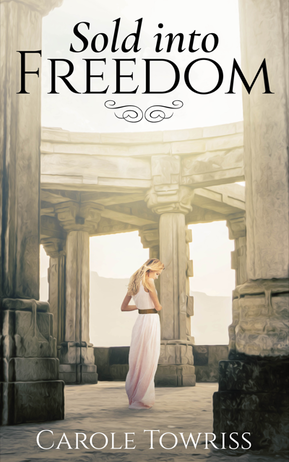







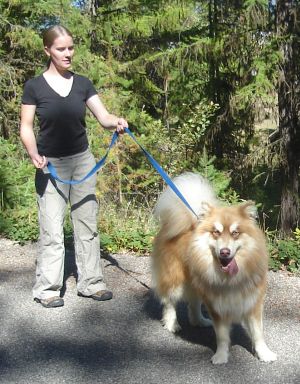



 RSS Feed
RSS Feed














